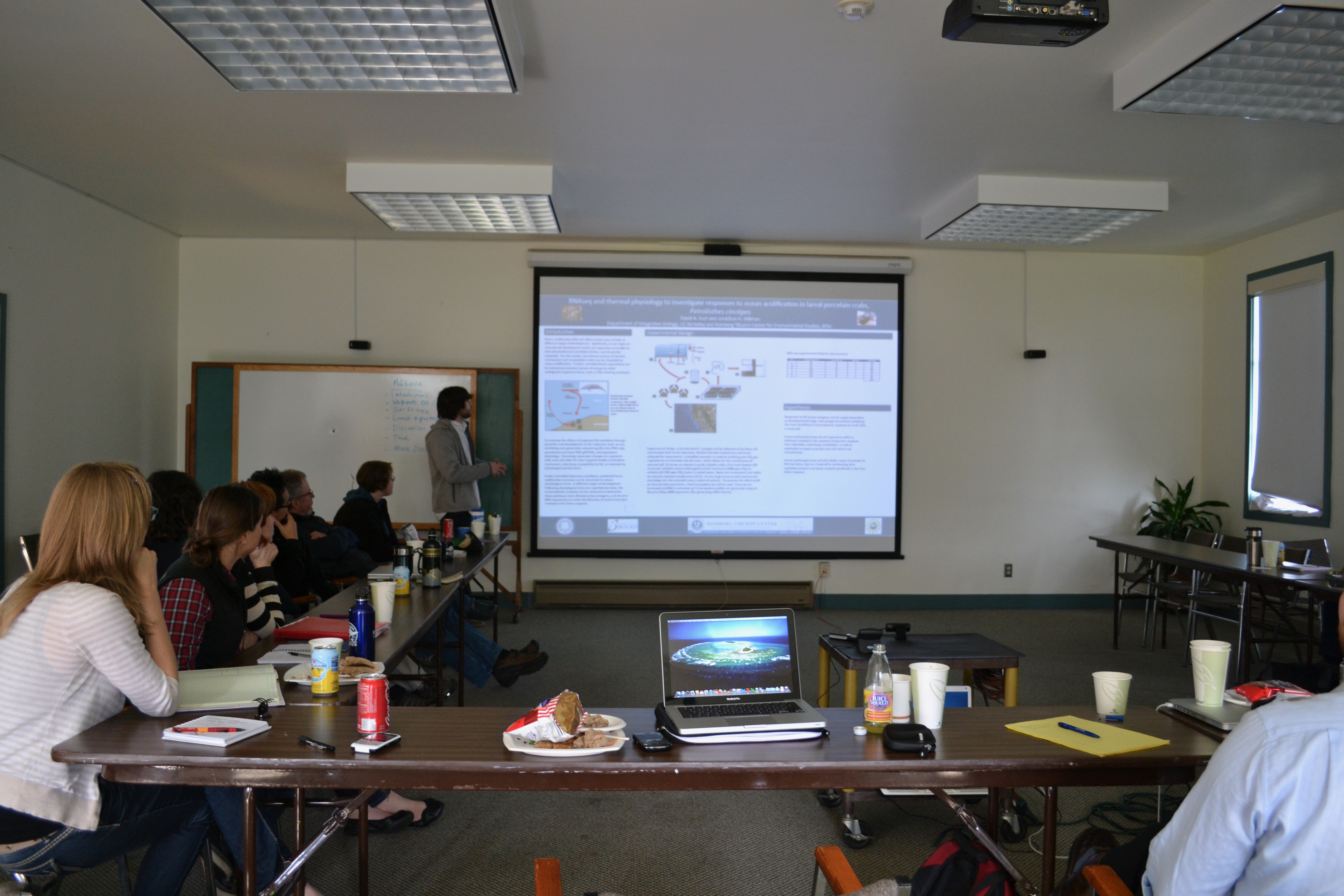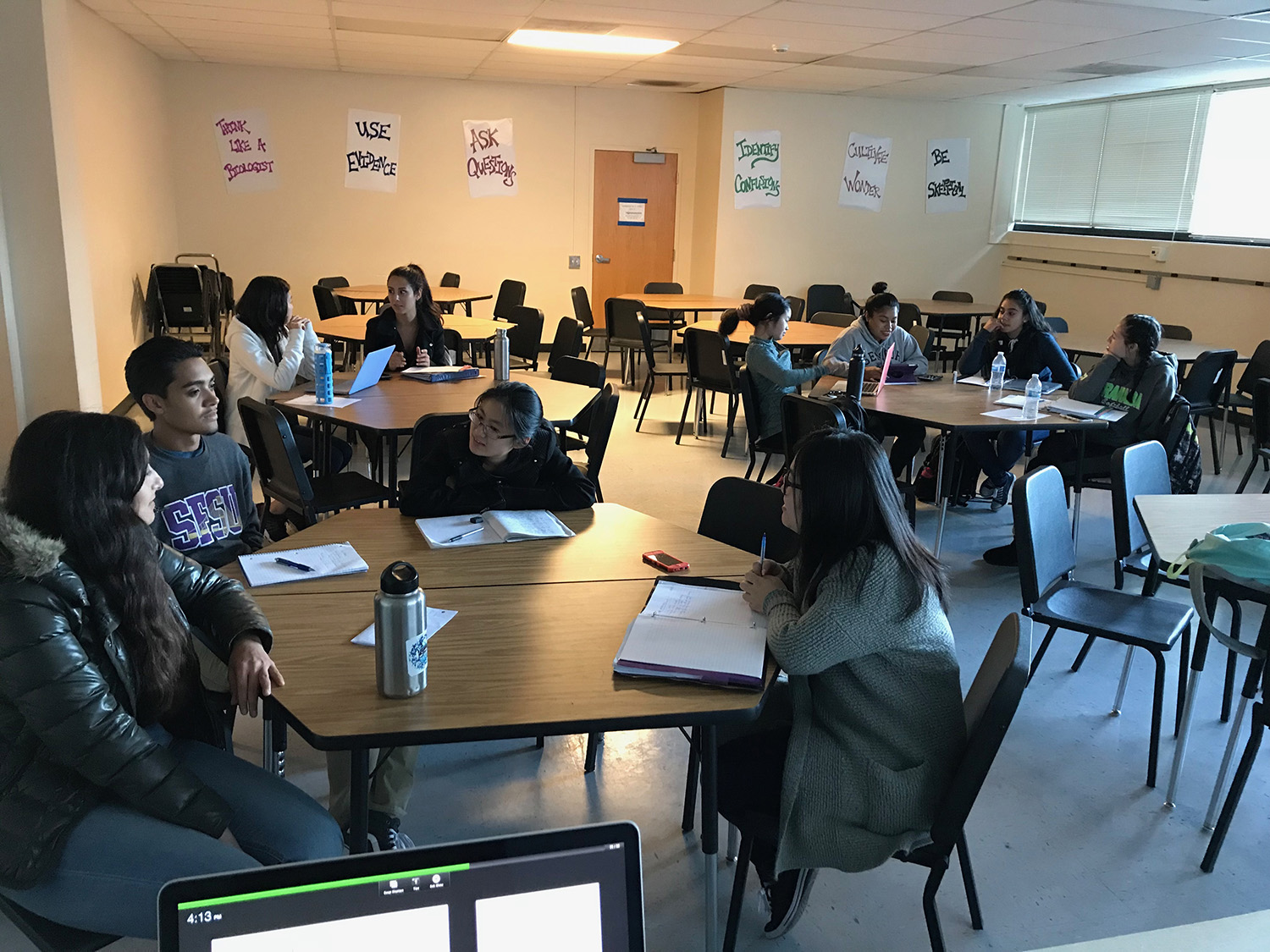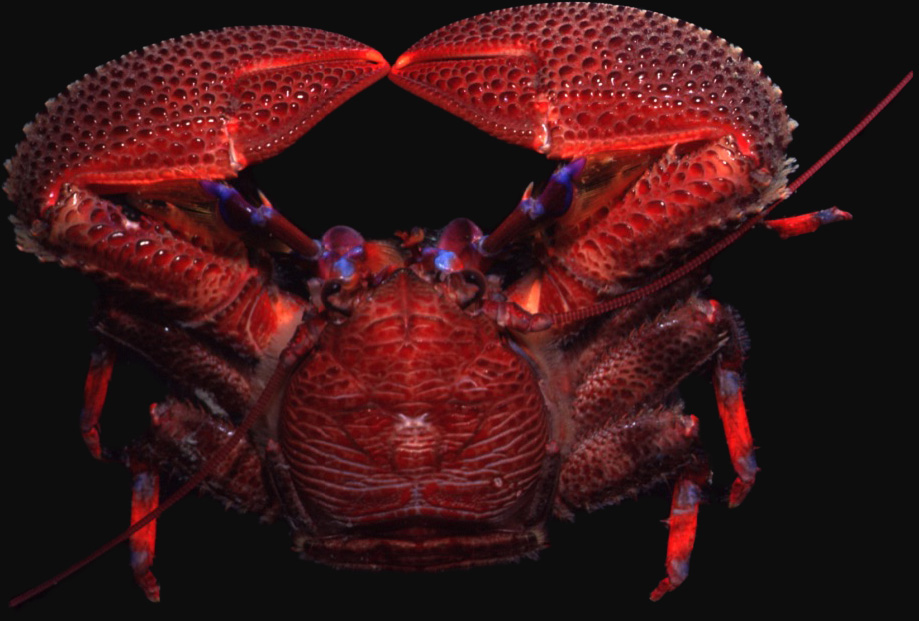IB158LF Biology & Geomorphology of Tropical Islands @ Berkeley...the "Moorea Class"
A field-based research intensive semester on Moorea, French Polynesia

The Moorea Class takes students to the Gump Station on the island of Moorea, French Polynesia, for an immersive research experience. Students spend a few weeks in lectures before heading to Moorea for 9-weeks, where they are introduced to the diversity of habitats, flora, fauna and culture on Moorea. Then, working 6-days a week, students design, propose, conduct and communicate their own independent research on a topic of their choosing. Students live communally, sharing a dormitory building and cooking for each other. The course culminates with an all-day symposium that is open to the public. Final research papers are archived, and some have even been published.
BIOL630 Animal Physiology @ SFSU
A classical comparative physiology course for upper division majors

This class presents a systems-approach to learning comparative physiology, following the textbook Animal Physiology by Hill, Wyse and Anderson. The goals are to learn about fundamental physiological processes in the context of diversity in how animals from different habitats and with different lifestyles.
BIOL631 Animal Physiology Laboratory @ SFSU
A writing intensive research course with a focus on animal performance
This class is more about the process of conducting and communicating scientific research than it is about Animal Physiology. In the class, students conduct independent research on a topic of their choosing but that involves measurement of some physiological phenotype (e.g., thermal tolerance, respiration rates, etc..). Students write a proposal for their project, and in an NSF-style review process, they review each other's proposals. Following reviews, students perform their proposed project, and write a scientific manuscript to present their study, along with an oral conference-style presentation. Skills in data management, graphics, and statistical analyses in R are also taught.
BIOL617 Environmental Physiology @ SFSU
A primary-literature intensive class on how environmental change impacts animals

In this class each week there is a lecture centered around a collection of recent articles from the primary literature about a topic in environmental physiology (e.g., warming & temperature stress, ocean acidification, ocean deoxygenation, pollution, etc...). Students are then assigned to read one of the articles on which the lecture was based, and in a Jigsaw format, discuss the article that they read with peers who read the same article, and then present the article they read with peers who read different articles.

 TEACHING IN THE STILLMAN LAB
TEACHING IN THE STILLMAN LAB

